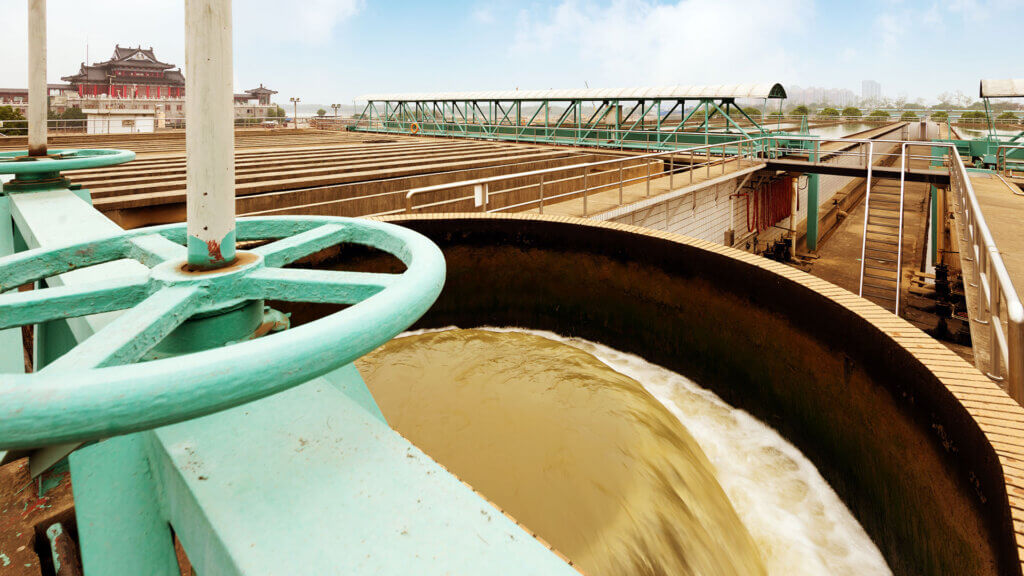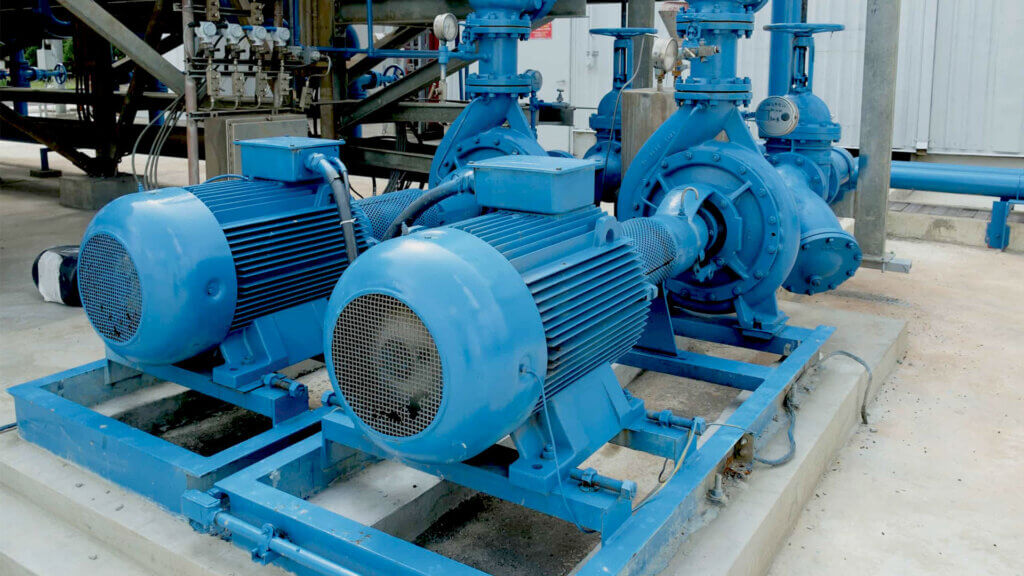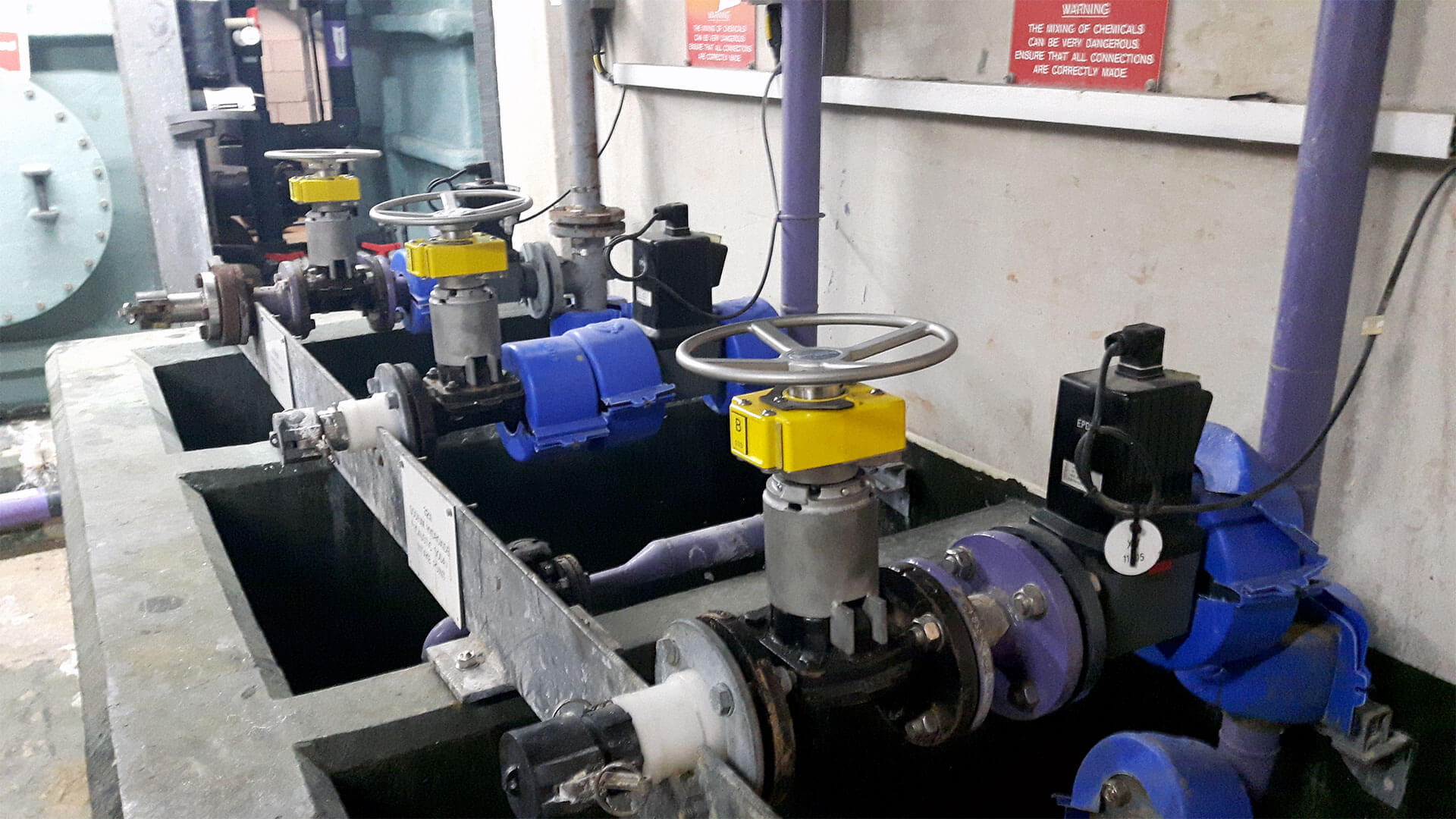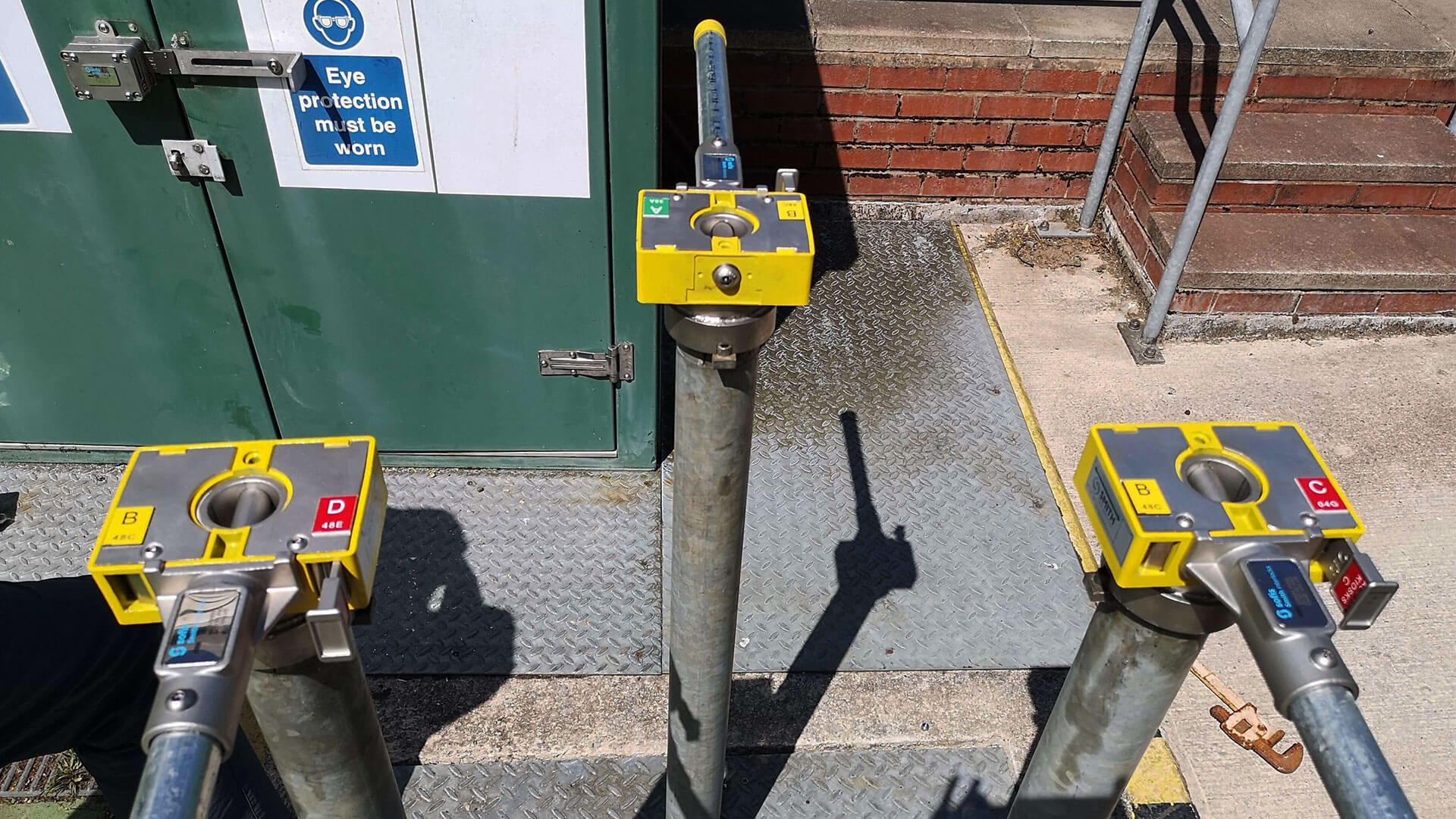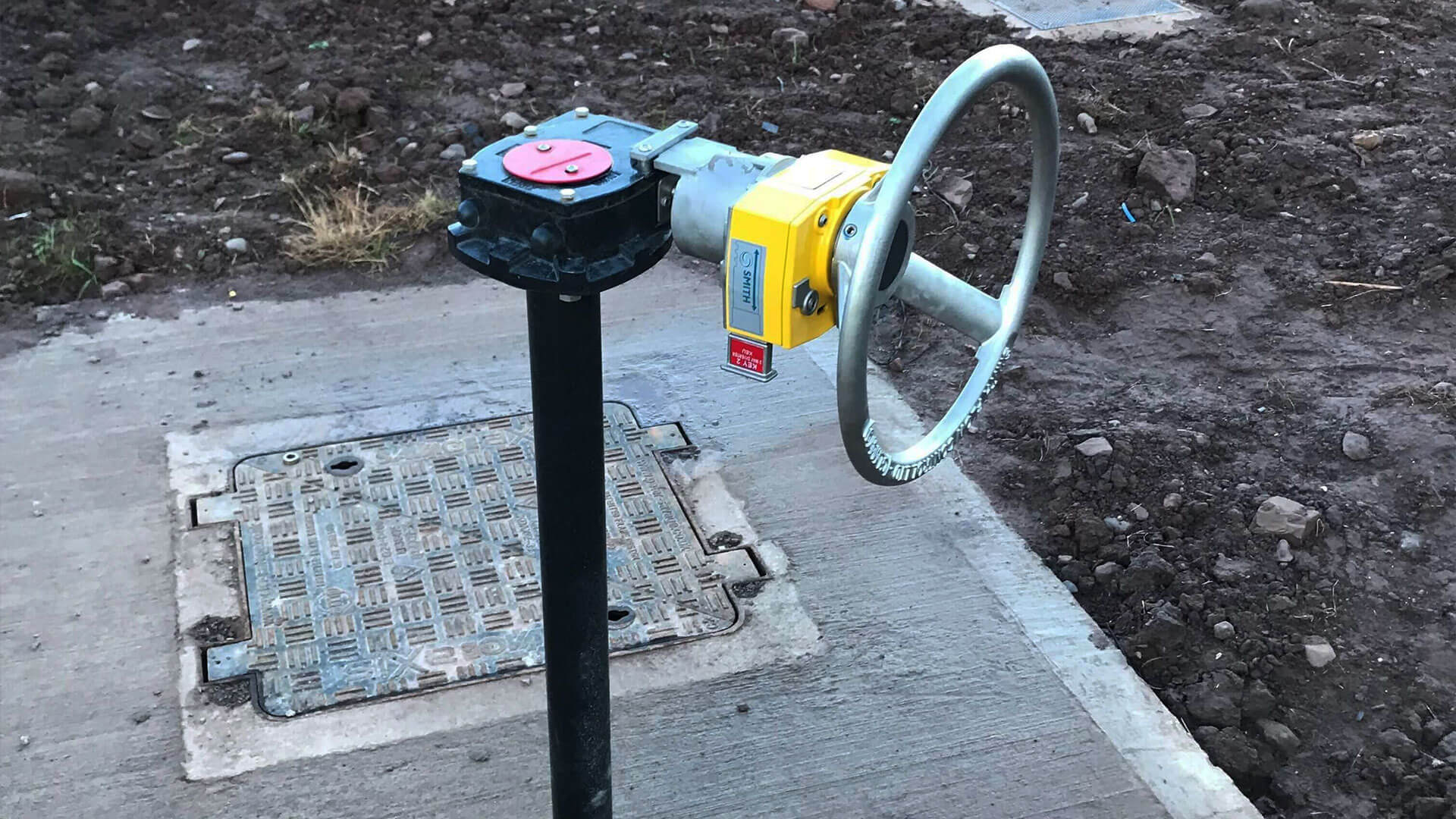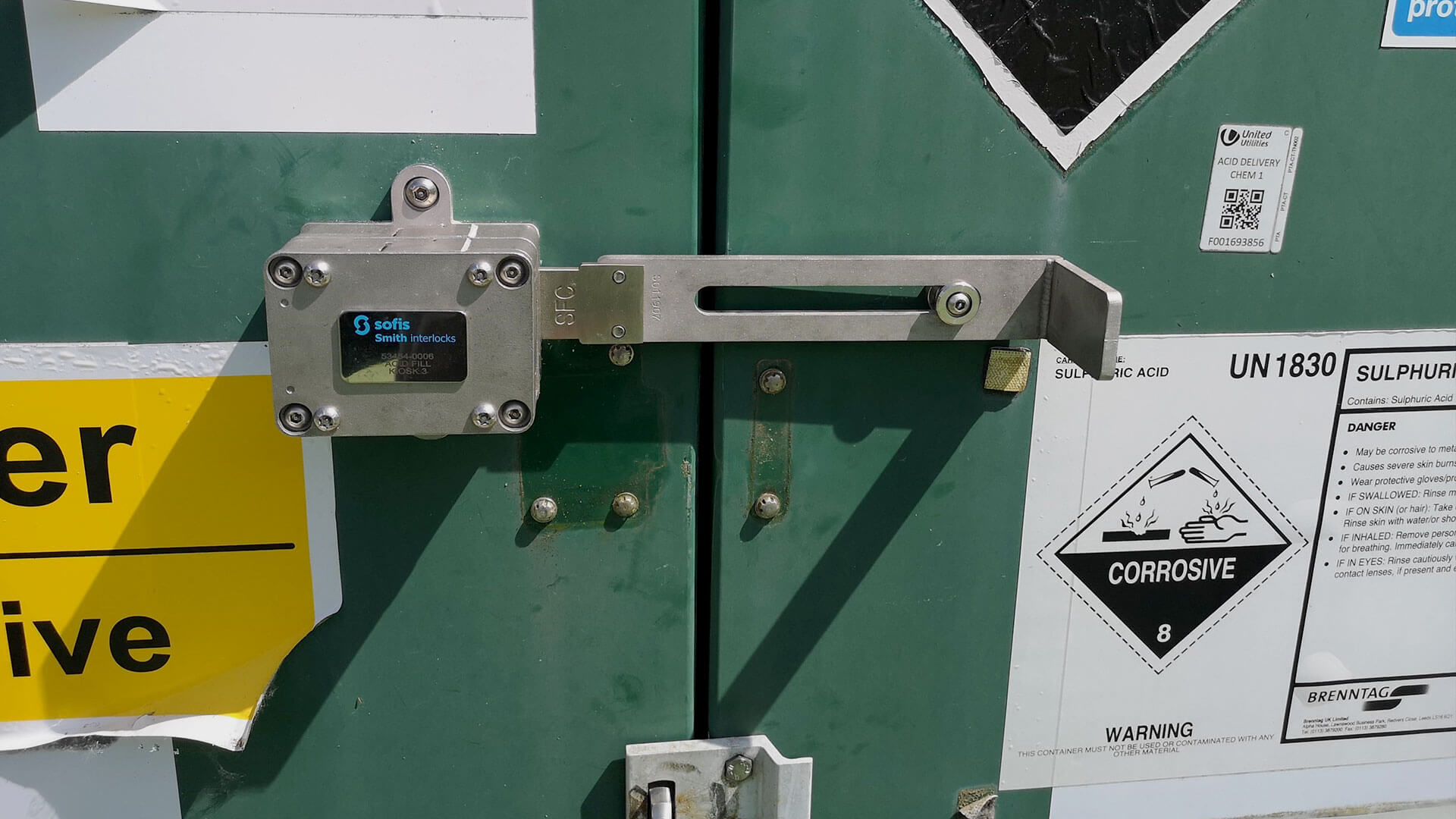Address labour shortages and reduce health risks to operators
Manual valve operation is labour-intensive
In water and wastewater treatment plants, manual valves facilitate numerous critical operations in various stages of primary, secondary and tertiary treatment. Large manual valves often require high torque to be operated. With this high torque requirement, two or more operators could be needed to open and close the valve. With increased labour shortages and the aging workforce, allocating two operators can be a challenge. How do you ensure fast and safe operation of large manual valves?
Manual valve operation can be unsafe and inefficient
Manual valve operations are regularly written into the standard operating procedures of water and wastewater treatment plants. However, manual valve operations can be demanding and hazardous, even causing operator incidents. How can you increase the operational efficiency of manual valves, while also reducing the risk of errors or injuries?
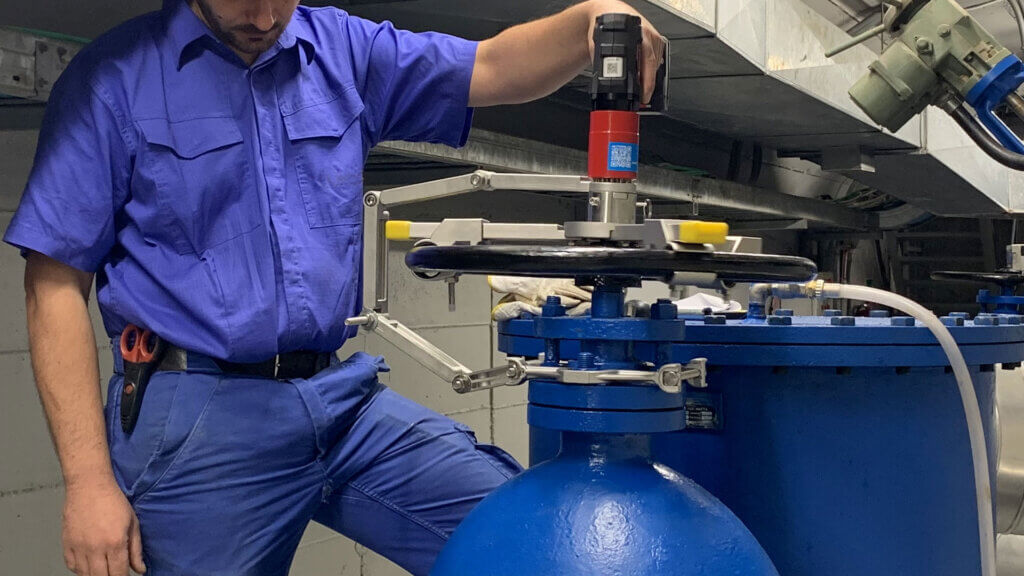
Chemical offloading has no room for mistakes
Offloading of potentially hazardous chemicals into your water or wastewater
treatment plant can be a common, yet critical operation. If offloading is
performed incorrectly, there could be irreversible environmental and safety
consequences, along with high costs to your utility. But when chemical
offloading involves manual operations, how do you eliminate human errors
that lead to these contaminating events?
Pump deadheading is high-risk and costly
Pumps and blowers facilitate critical biological and chemical treatment operations in water and wastewater treatment plants. Operation of a pump without any flow through it can result in the pump being ‘dead-headed’. Dead-heading causes damage to the pump, potential explosions, and increased repair and replacement costs. How can you ensure safe pump operations in your water or wastewater plant or pump station?
Our experience
Our solutions are used by renowned companies in the water industry.









